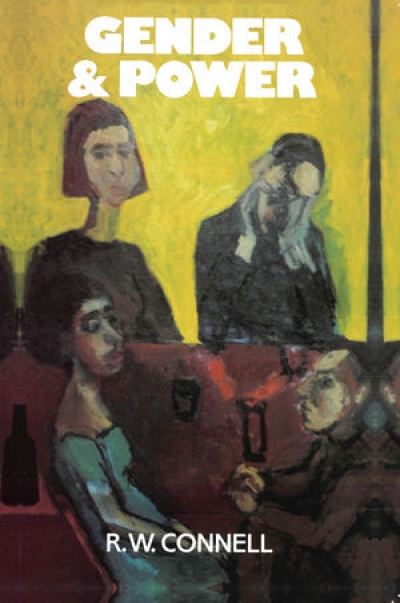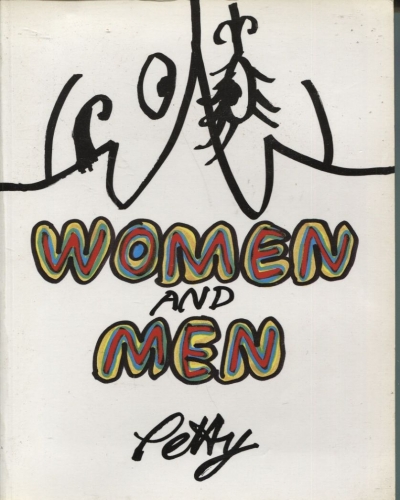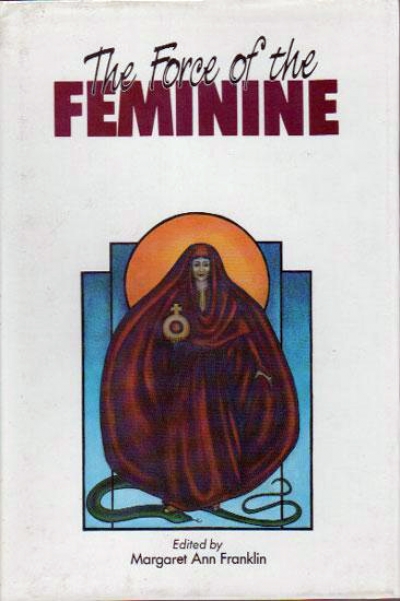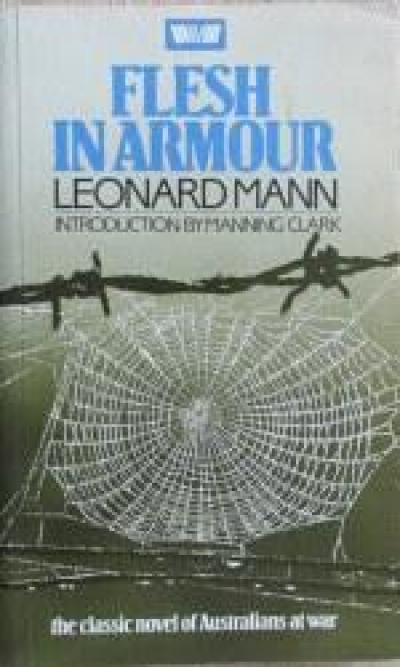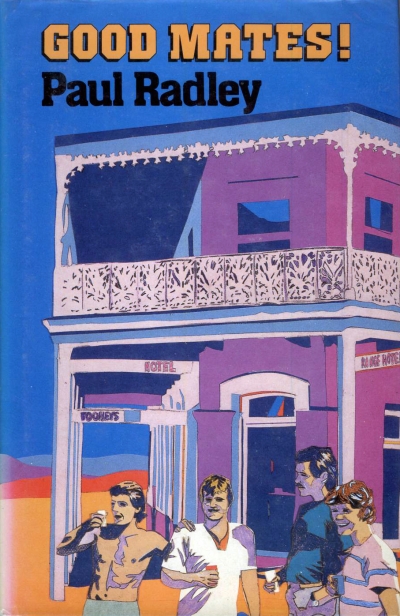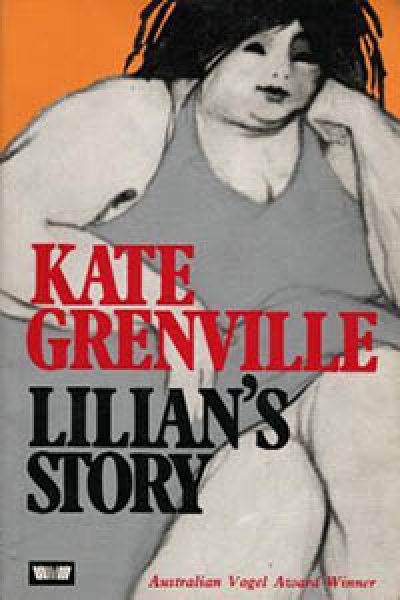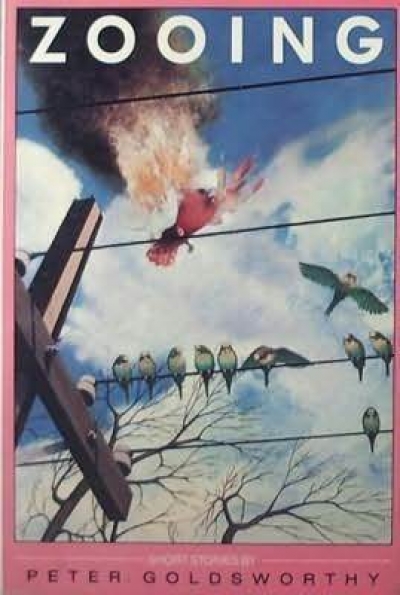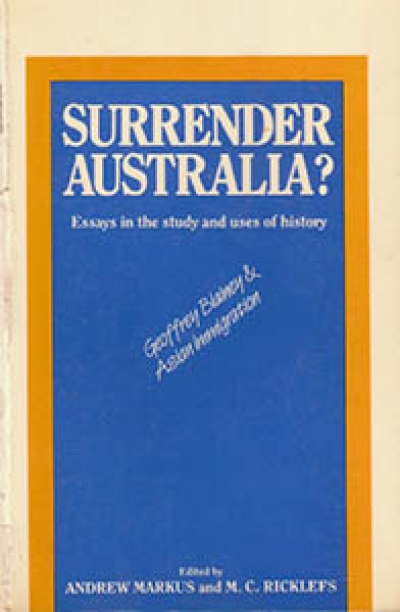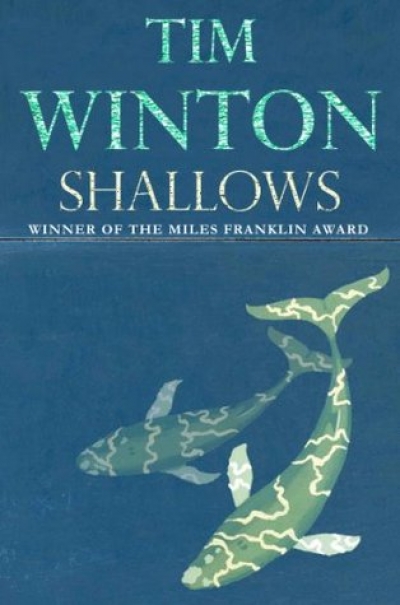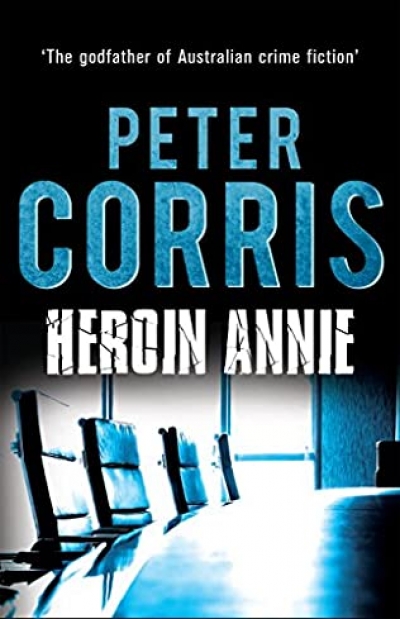Those who read the gloomy criticisms of modern education by some educationalists might be pardoned for wondering whether any but the most privileged children nowadays can hope to gain mastery of their language or development of their mind and talent. Meanwhile, the talented young blithely make nonsense of crabbed and intolerant age. Paul Zanetti, aged twenty-three, wins the Walkely Award for a political cartoon. Paul Radley, while still in his teens, and Tim Winton, barely older, won Australian Vogel Awards and continue writing with force and imagination.
Winton is now twenty-four. Shallows is his second good novel. It is set in a fictional West Australian whaling town called Angelus. Although I have never been to Albany (where Winton had part of his education), I suspect I might find it recognisable after reading Winton’s devoted and detailed account of Angelus. The time of the action is now, or a year or so ago, but the story ranges through much history. Change is inevitable for whaling ports and industries but whether it should come abruptly or gradually is still debatable.
...
(read more)

